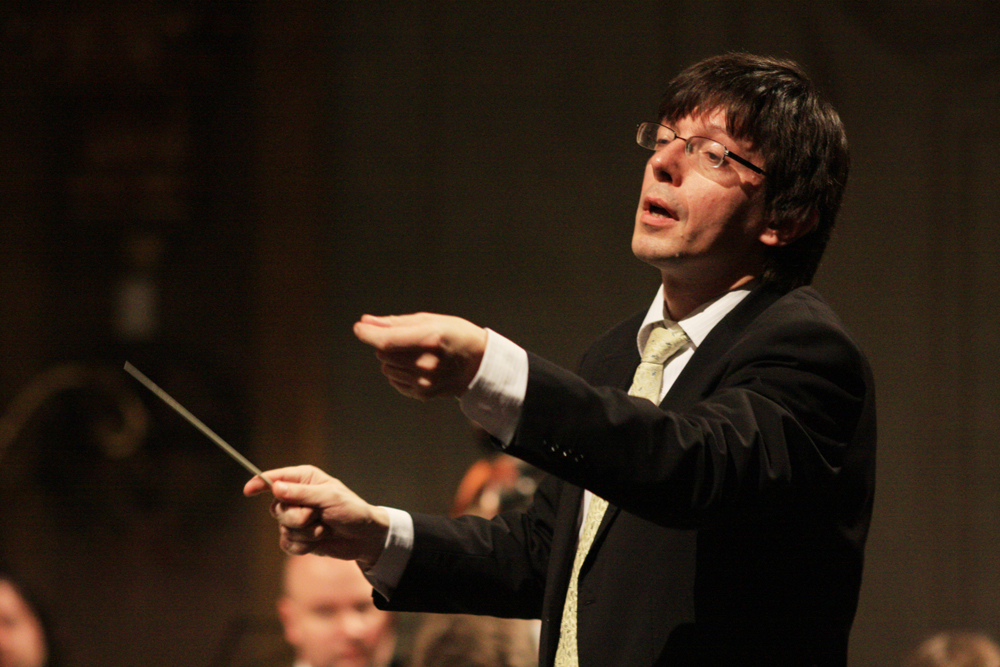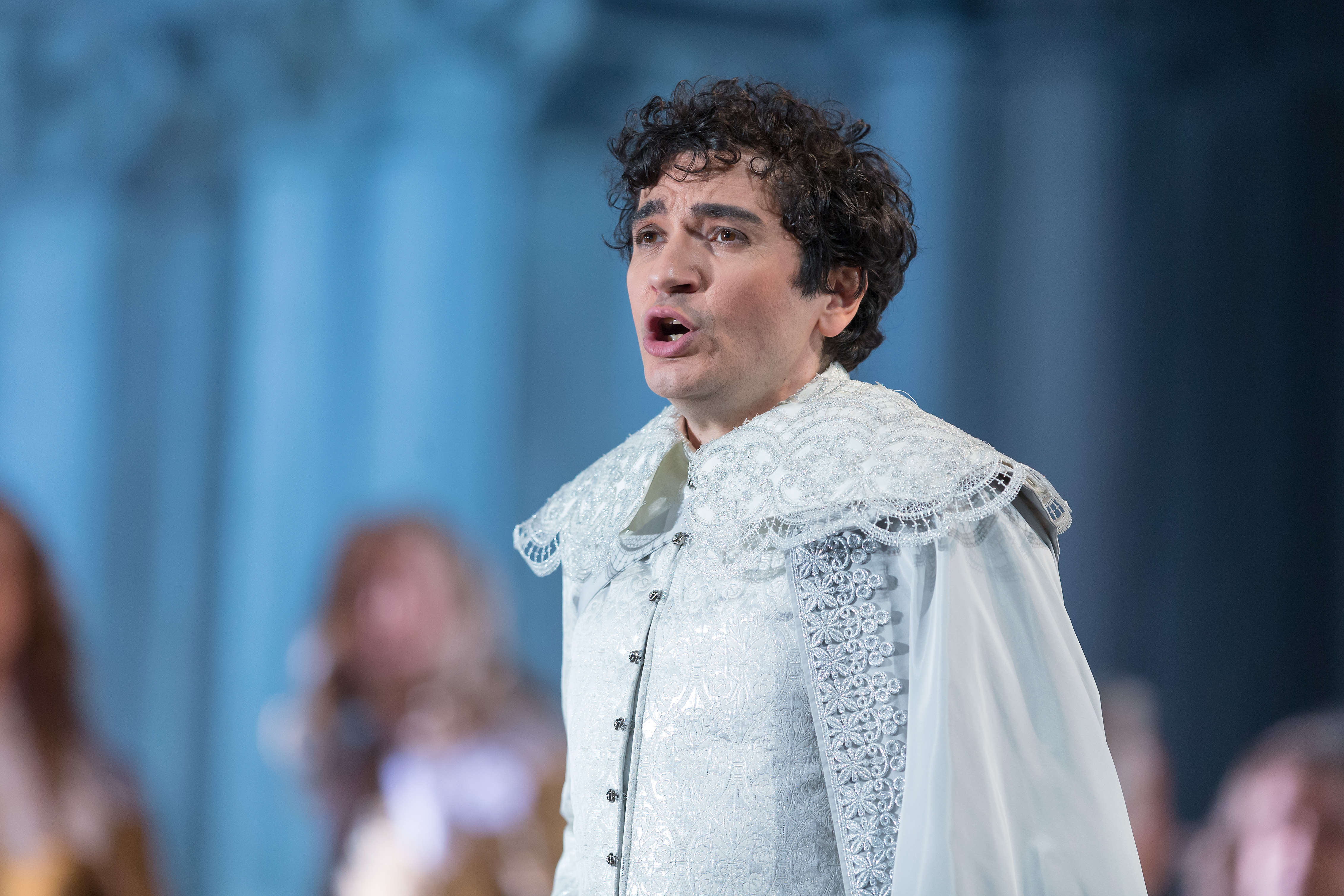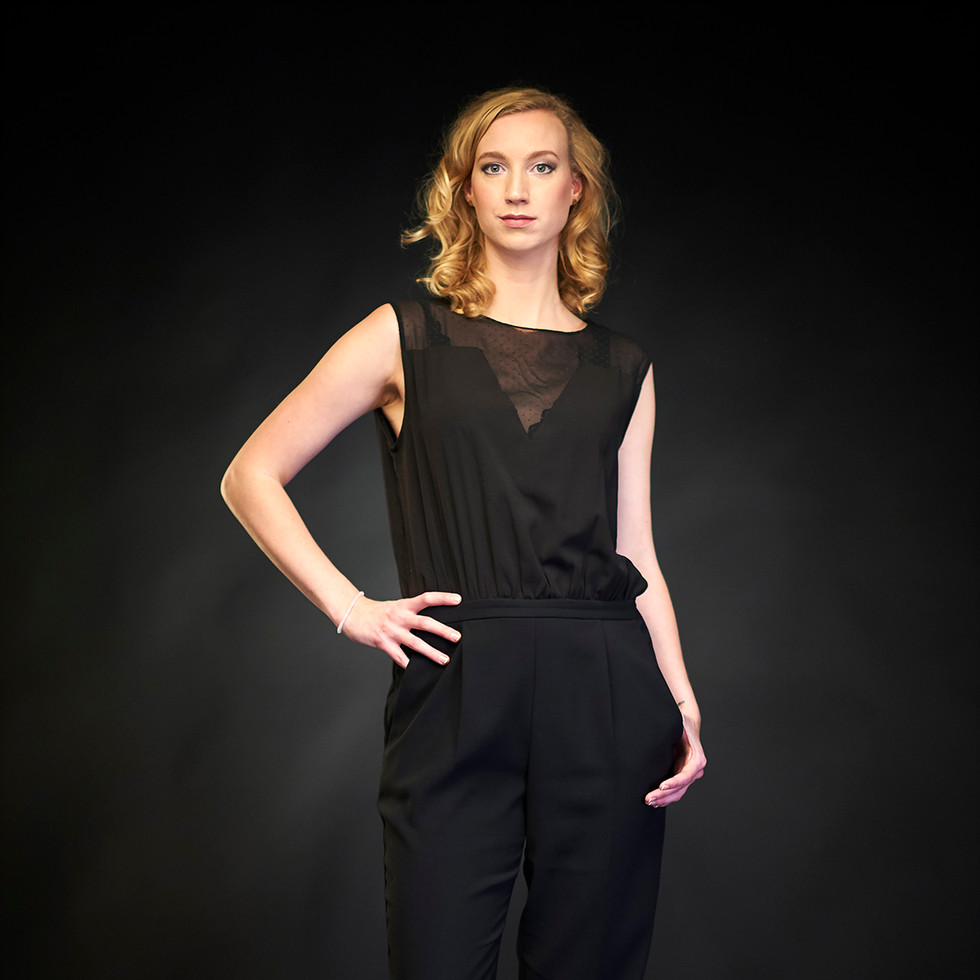Running time:
1 part by 60 minutes, 2 part by 65 minutes
1 part by 60 minutes, 2 part by 65 minutes
6+
27 January 2020 Monday
19.00
19.00
Jean-Philippe Rameau “Les Boréades”
(“The Descendants of Boreas”).
Collegium 1704
Conductor – Václav Luks
First time in Russia
First time in Russia
Soloists:
Deborah Cachet – Alphise
Caroline Weynants – Semire, L'Amour, Nymph, Polymnie
Mathias Vidal – Abaris
Benedikt Kristjánsson – Calisis
Benoît Arnould – Adamas
Nicolas Brooymans, bass – Boreas
Tomáš Šelc, bass – Borilée
Lukáš Zeman, bass – Apollon
“Les Boréades” (“The descendants of Boréas”) is the last opera of Jean-Philippe Rameau. He wrote it when he was nearing his 80th birthday, while some scholars believe that the opera was created about 1761-1762. The libretto, attributed to Louis de Cahusac, is loosely based on the Greek legend of Abaris the Hyperborean and includes Masonic elements.
Alphise, Queen of Bactria, is in love with Abaris, whose origins are unknown. According to the traditions of her country, Alphise must marry a Boread, one of the descendants of Boreas, the god of the North Wind. Determined to marry Abaris, Alphise abdicates, angering Boreas who storms into the wedding and abducts Alphise to his kingdom. With the help of Apollo and the muse Polyhymnia, Abaris sets off to rescue her. He challenges Boreas and his sons with a magic golden arrow. Apollo descends as deus ex machina and reveals that Abaris is really his son by a Boread nymph. Therefore, there is no longer any obstacle to Abaris and Alphise's marriage.
There were no known performances of this opera in Rameau's lifetime. The first performance is assumed to have been in 1770 in a concert performance at Lille. Then the opera was forgotten for the next 125 years, when the fragments of the opera were performed in Paris in about 1895-1896. French radio ORTF first played the opera in its entirety in 1964.
Such a neglect can be explained by scholars’ prejudices: they considered the opera to be a failure of the aging master.
The dramatic development of historically informed performance shed new light on the “Les Boréades”. The greatest contemporary musicians turned to the opera, and it owes its modern revival to the conductor John Eliot Gardiner, who gave a concert version of the piece at the Queen Elizabeth Hall, London, on 14 April 1975, for which he had prepared the orchestral material from the original manuscripts over the preceding year.
Conductors Roger Norrington, Simon Halsey, Simon Rattle, William Christie were among the best performers of the opera – each one of them proved that “Les Boréades” was in no way a “failure” or a “sign of withering” of the composer’s creative power, but just the opposite: the peak of his lifetime’s oeuvre.
Collegium 1704, one of the leading ensembles that play 17th -18th century music, would perform “Les Boréades” in “Zaryadye”. The ensemble was founded by a brilliant musician – conductor, harpsicord player, pianist, and Frech horn player – named Václav Luks.
Collegium 1704 is a frequent participant of international festivals in Salzburg and Lucerne, as well as of Utrecht Early Music Festival and Bach’s Festival in Leipzig.
In recent years, one of the most important and emblematic events for the Collegium 1704 was their performance of Vivaldi’s opera “Arsilda, regina di Ponto” in 2017. It was the first performance of the opera in 300 years!
The orchestra pays great attention to promotion and popularization of old Czech music, including works of such composers as Jan Dismas Zelenka and Josef Mysliveček.
The concert is supported by Czech Embassy in Russia, and Czech Center in Moscow.
Deborah Cachet – Alphise
Caroline Weynants – Semire, L'Amour, Nymph, Polymnie
Mathias Vidal – Abaris
Benedikt Kristjánsson – Calisis
Benoît Arnould – Adamas
Nicolas Brooymans, bass – Boreas
Tomáš Šelc, bass – Borilée
Lukáš Zeman, bass – Apollon
“Les Boréades” (“The descendants of Boréas”) is the last opera of Jean-Philippe Rameau. He wrote it when he was nearing his 80th birthday, while some scholars believe that the opera was created about 1761-1762. The libretto, attributed to Louis de Cahusac, is loosely based on the Greek legend of Abaris the Hyperborean and includes Masonic elements.
Alphise, Queen of Bactria, is in love with Abaris, whose origins are unknown. According to the traditions of her country, Alphise must marry a Boread, one of the descendants of Boreas, the god of the North Wind. Determined to marry Abaris, Alphise abdicates, angering Boreas who storms into the wedding and abducts Alphise to his kingdom. With the help of Apollo and the muse Polyhymnia, Abaris sets off to rescue her. He challenges Boreas and his sons with a magic golden arrow. Apollo descends as deus ex machina and reveals that Abaris is really his son by a Boread nymph. Therefore, there is no longer any obstacle to Abaris and Alphise's marriage.
There were no known performances of this opera in Rameau's lifetime. The first performance is assumed to have been in 1770 in a concert performance at Lille. Then the opera was forgotten for the next 125 years, when the fragments of the opera were performed in Paris in about 1895-1896. French radio ORTF first played the opera in its entirety in 1964.
Such a neglect can be explained by scholars’ prejudices: they considered the opera to be a failure of the aging master.
The dramatic development of historically informed performance shed new light on the “Les Boréades”. The greatest contemporary musicians turned to the opera, and it owes its modern revival to the conductor John Eliot Gardiner, who gave a concert version of the piece at the Queen Elizabeth Hall, London, on 14 April 1975, for which he had prepared the orchestral material from the original manuscripts over the preceding year.
Conductors Roger Norrington, Simon Halsey, Simon Rattle, William Christie were among the best performers of the opera – each one of them proved that “Les Boréades” was in no way a “failure” or a “sign of withering” of the composer’s creative power, but just the opposite: the peak of his lifetime’s oeuvre.
Collegium 1704, one of the leading ensembles that play 17th -18th century music, would perform “Les Boréades” in “Zaryadye”. The ensemble was founded by a brilliant musician – conductor, harpsicord player, pianist, and Frech horn player – named Václav Luks.
Collegium 1704 is a frequent participant of international festivals in Salzburg and Lucerne, as well as of Utrecht Early Music Festival and Bach’s Festival in Leipzig.
In recent years, one of the most important and emblematic events for the Collegium 1704 was their performance of Vivaldi’s opera “Arsilda, regina di Ponto” in 2017. It was the first performance of the opera in 300 years!
The orchestra pays great attention to promotion and popularization of old Czech music, including works of such composers as Jan Dismas Zelenka and Josef Mysliveček.
The concert is supported by Czech Embassy in Russia, and Czech Center in Moscow.





